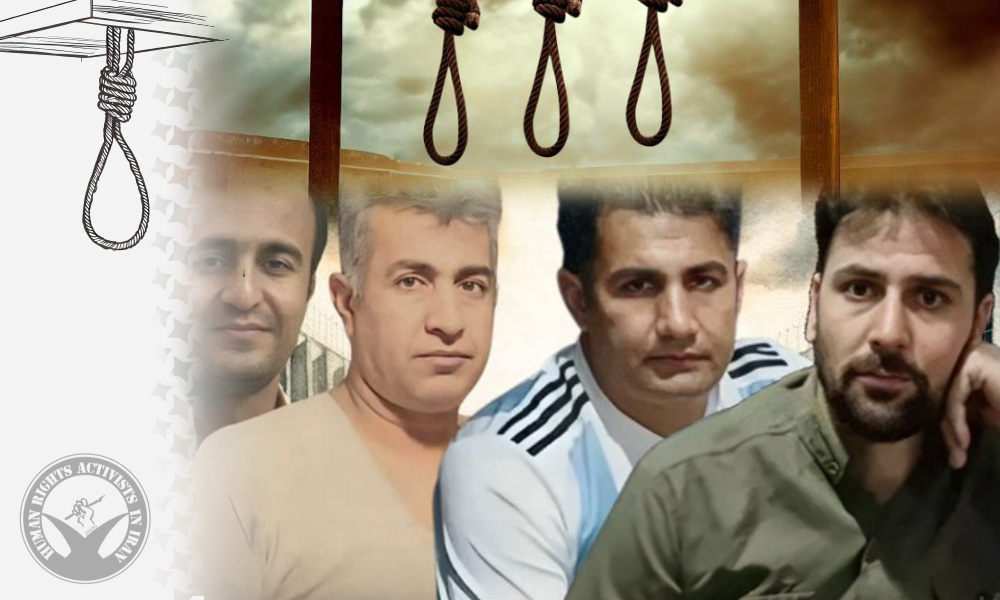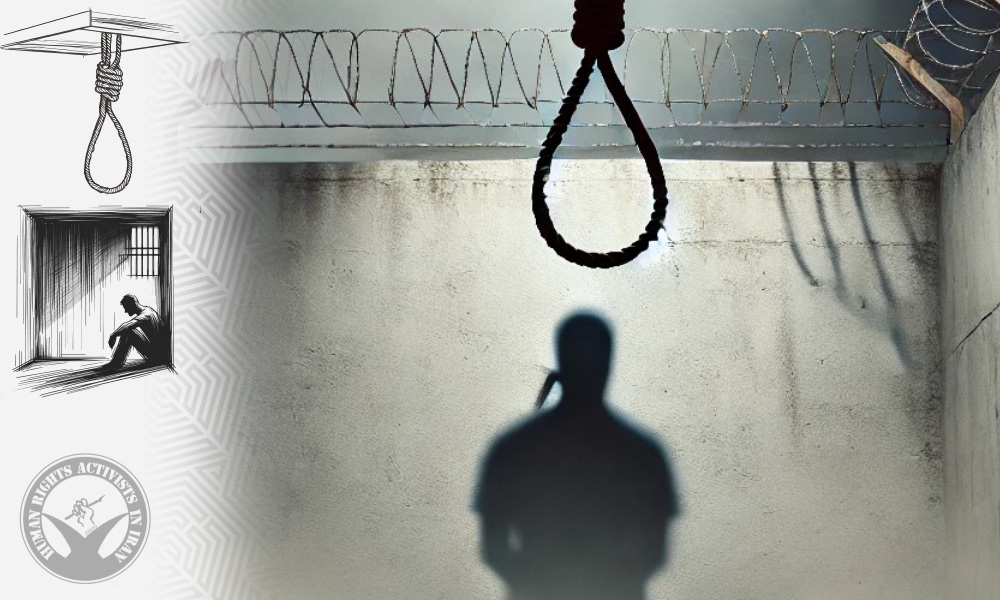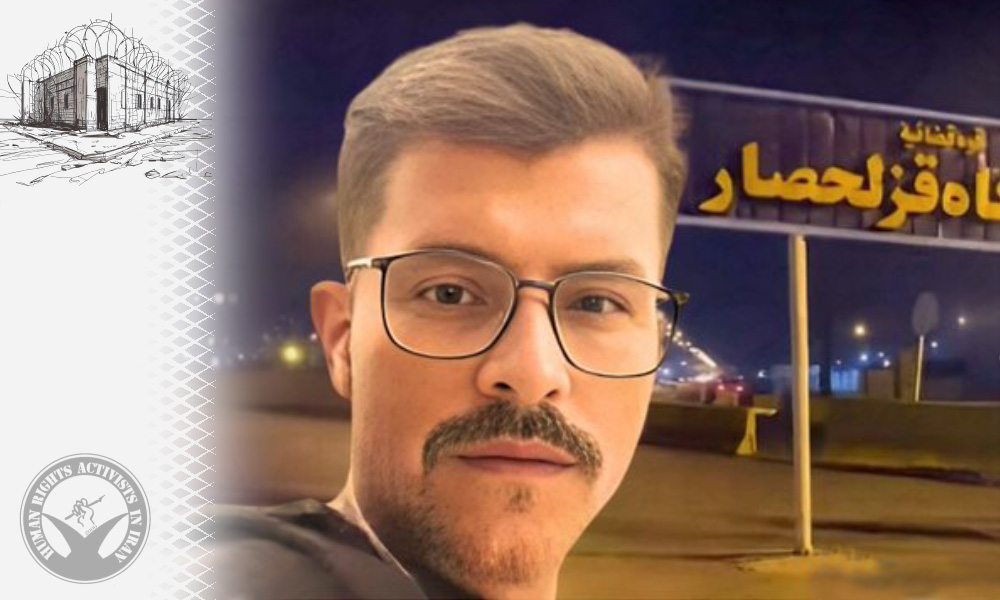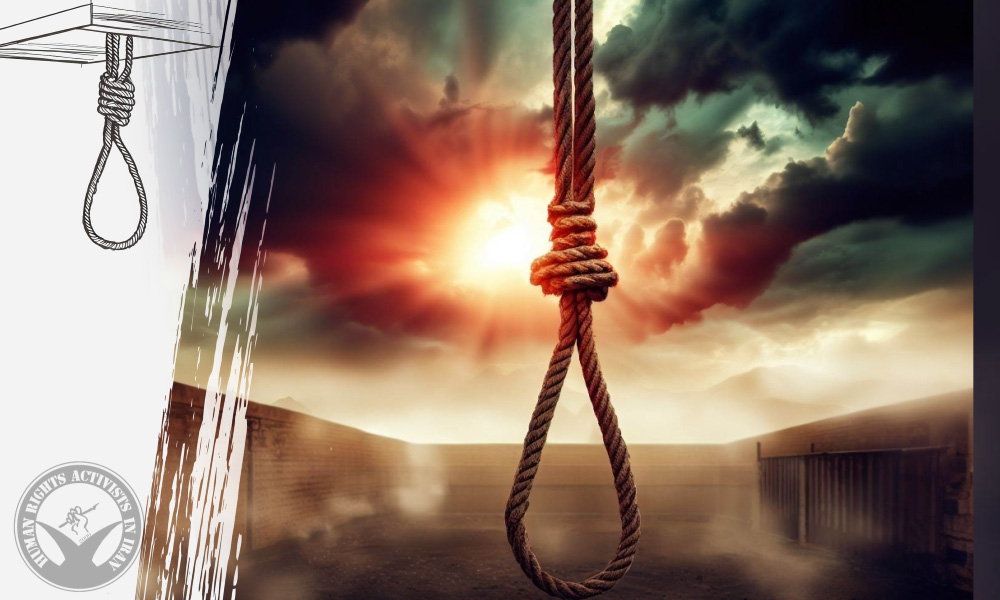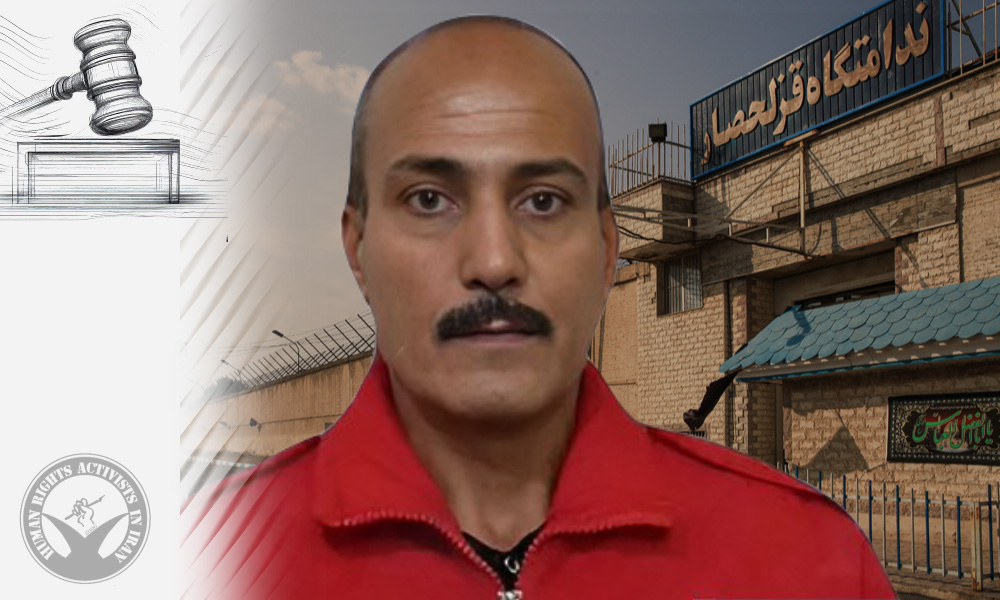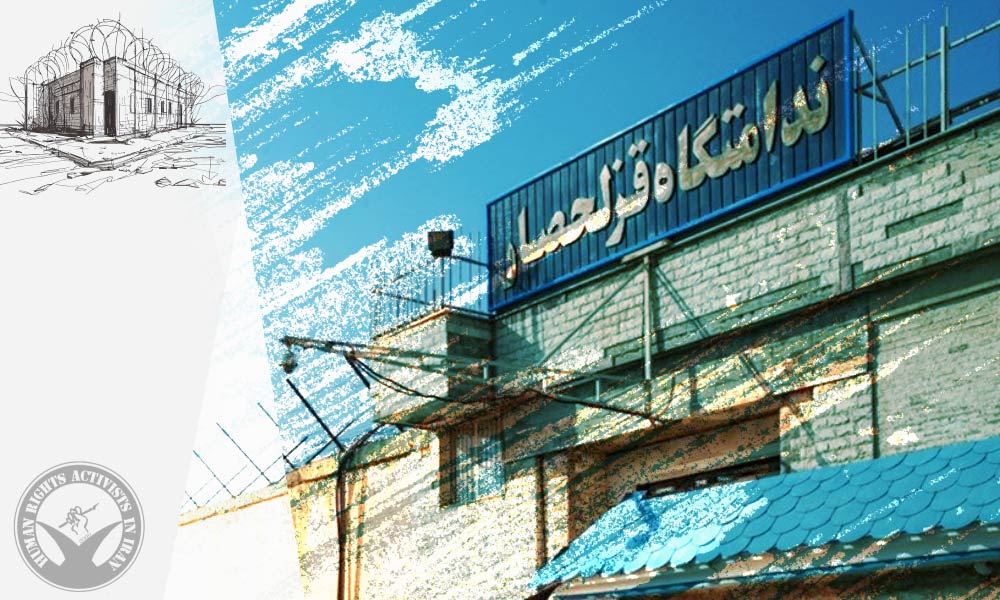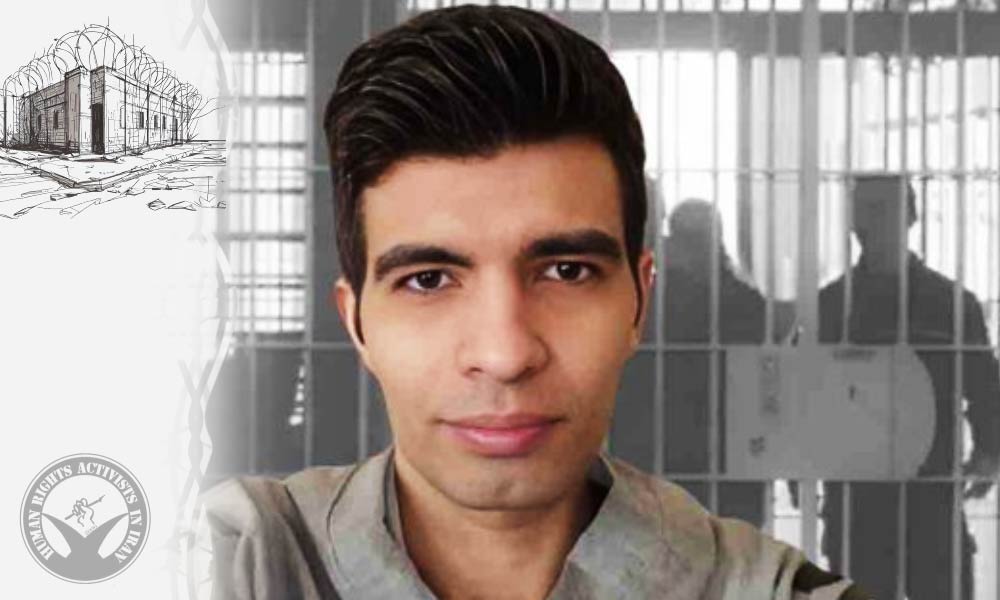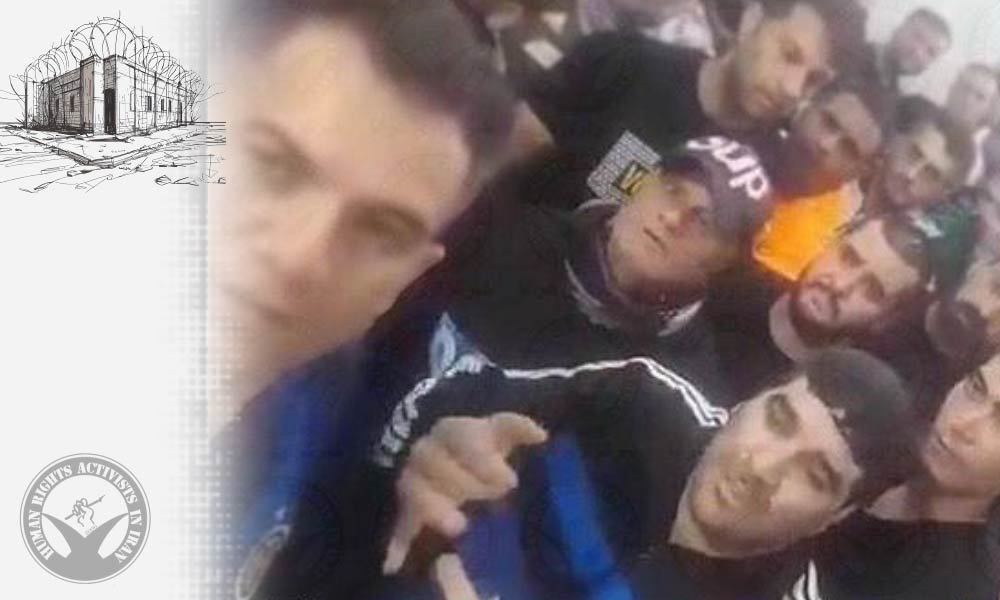Today, August 7, 2024, the execution of twenty-two prisoners, previously sentenced to death for non-political crimes including murder, drug-related offenses, and rape, was carried out in Ghezel Hesar Prison, Karaj.
The identities of six of these prisoners, who were sentenced to death for drug-related offenses, have been confirmed by HRANA as Esmaiel Sharafi, Mohammad Gholami, Abdollah Shahnawazi, Shahab Maleki, Rasoul (last name unknown), and (first name unknown) Ghanbari.
Seven of these prisoners were previously sentenced to death for drug-related offenses, four prisoners for murder, three Afghan nationals for rape, seven Sunni prisoners and one other individual with unspecified charges.
In the past few days, these prisoners had been transferred to solitary confinement in Ghezel Hesar Prison in preparation for their execution. HRANA had reported the imminent danger of these 22 executions yesterday.
Further details on this matter are being investigated by HRANA.
As of the time of this report, the executions have not been officially announced by prison authorities or responsible organizations.
According to the Department of Statistics and Publication of Human Rights Activists in Iran, in 2023, at least 767 citizens, including 21 women and 2 juvenile offenders, were executed. Of these, the executions of 7 individuals were carried out in public. Additionally, during this period, 172 others were sentenced to death, with 5 of them sentenced to public execution. It is worth noting that during the same period, the initial death sentences of 49 other individuals were also upheld by the Supreme Court.



